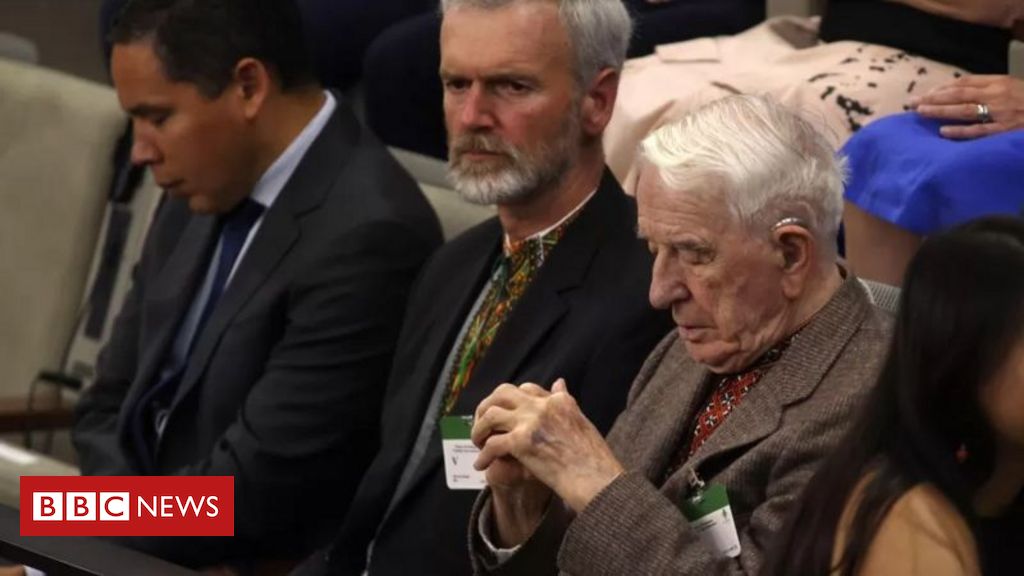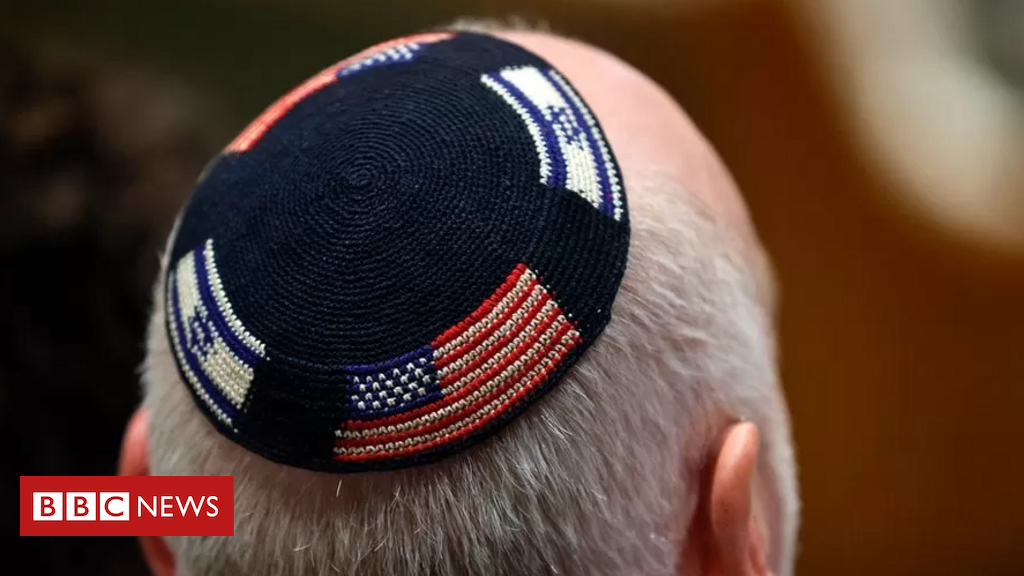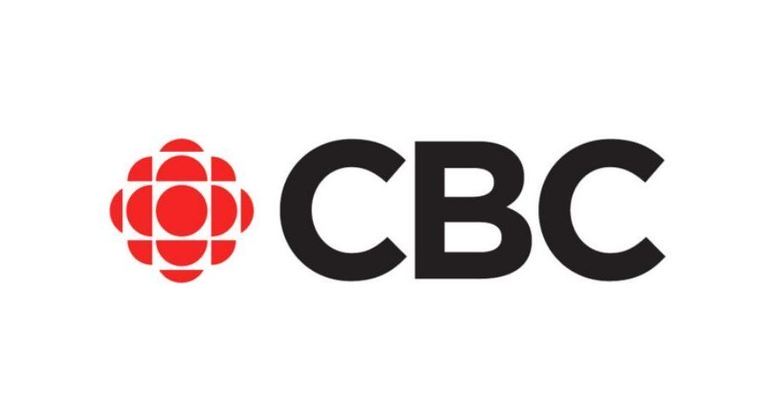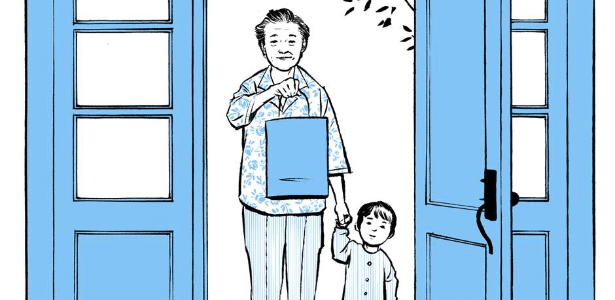Joao Teodoro*
To recognize significant technical and professional achievement and contributions in the fields of computing and information technology, the ACM – Association for Computing Machinery has established the AM Turing Award, better known as the “Award Nobel Prize for Computing”. The honor was established in honor of Alan Mathison Turing, who lived from 1912 to 1954. A British mathematician and scientist, Turing developed computer architecture, algorithms, the formalization of computing, and the feel of the moment, artificial intelligence (AI).
Cognition is the ability of people to acquire or absorb knowledge. Geofrey Everest Hinton, born in December 1947, is a cognitive and computer psychologist. Anglo-Canadian, he became known for his work on artificial neural networks: computer systems, with interconnected nodes, which function like neurons in the human brain. The algorithm is a sequence of well-defined instructions, executed step by step, with the aim of achieving a determined result.
Using algorithms, neural networks can recognize hidden patterns and relationships between raw data. Then you can group and sort them. Over time, like the human mind, it manages to “learn” from them and continually improve its “learning”. In 1943, scientists Warren Maculloch and Walter Pitts published a paper on how neurons work and, based on this knowledge, created a simple neural network with electrical circuits, paving the way for the application of neural networks. artificial intelligence neurons.
Well! Geofrey Hinton, for ten years, was Google’s director of AI strategy development. In April 2023, however, claiming regret for the work he was doing, he decided to quit his job. He told the New York Times that apart from Google, he is free to warn about the risks of artificial intelligence for humanity. Hinton and other reviewers have pointed out errors in the big tech in the relentless pursuit of new AI-powered products. He and two of his students founded DNNResearch, which was bought by Alphabet/Google.
DNNResearch developed the first cognitive neural network, paving the way for the creation of tools like Google Bard and ChatGPT (Microsoft). Hinton imagined that the current stage of AI would only arrive in 30, 50 or more years. That’s why you’re afraid. According to him, many risks are in sight, such as the replacement of jobs and the dissemination of false information. However, he says he consoles himself. If it weren’t for him to participate in the discoveries on neural networks, it would be someone else. AI-based ChatGPT is the big star right now.
The dispute between Google and Microsoft in the development of artificial intelligence is truly worrying. For Hinton, it’s so intense that he won’t stop unless global regulations are put in place. But it will be very difficult. There is no way of knowing whether or not the companies are operating in secrecy. The best hope, he says, is for the world’s top scientists to work together to find ways to control the technology, until they succeed. To our delight, AI only learns from data, mechanically. She will never have or act with human feelings!
* President of the Cofeci-Creci System
The contents published in the Opinião space do not necessarily reflect the thought and editorial line of the Jornal DIÁRIO DO COMÉRCIO, and the authors are fully responsible for the information, value judgments and concepts disclosed.
O Diario do Comércio is on WhatsApp.
Click here and get the main content!

“Prone to fits of apathy. Beer evangelist. Incurable coffeeaholic. Internet expert.”







